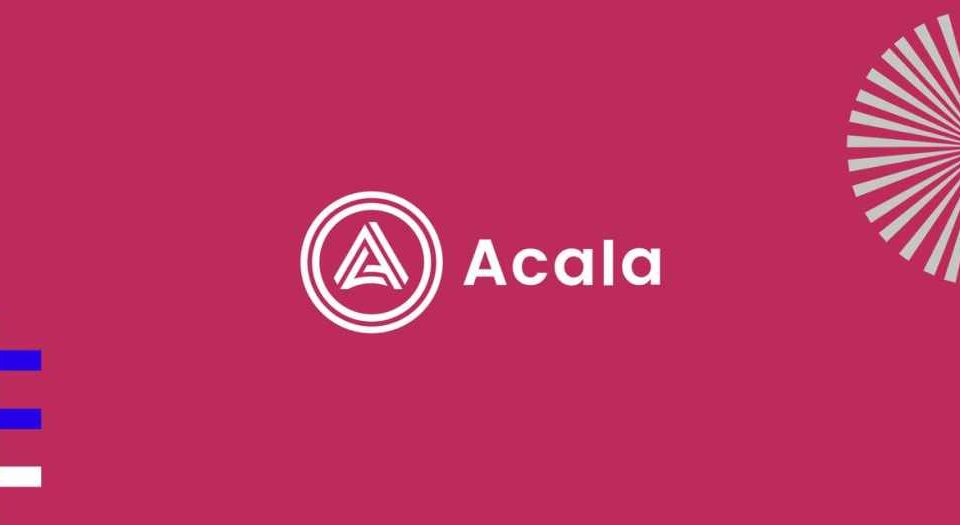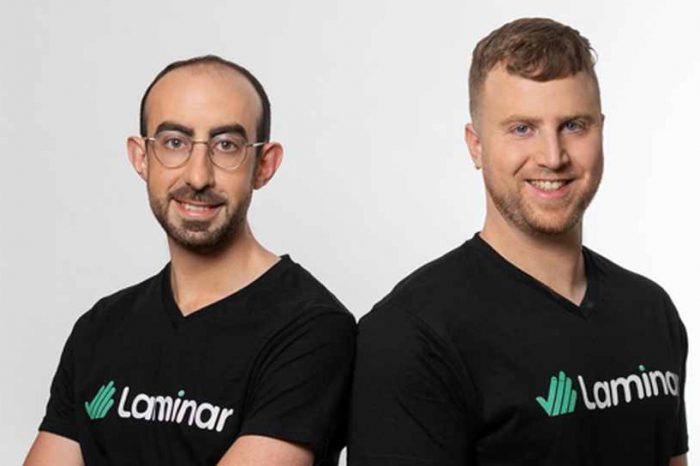Acala and Manta announce successful interoperability between Calamari and Karura

In April, we wrote about Acala after the decentralized finance network teamed up with Anchor, a savings and borrowing protocol built on the Terra blockchain, to grow the decentralized stablecoin space through a variety of integrations spanning the Terra and Polkadot ecosystems. Since its inception three years ago, Acala has built partnerships to further solidify DeFi ecosystems and grow the decentralized stablecoin market.
Today, Acala, in collaboration with Manta, have successful completed the interoperability between Calamari and Karura. The collaboration between Acala’s stablecoin ($aUSD) and ($KAR) will enable crypto assets to move both privately and freely across ecosystems.
Manta Network, the privacy hub for Web3, and Acala have announced the successful cross-chain transfer of parachain assets. The opening of a new HRMP channel and successful deployment of cross-consensus communication to bridge assets will enable privacy and interoperability across both parachains.
The privatization of assets is a big step forward for the projects, the ecosystem development as well as privacy in general, as well as another step towards integrating across their respective Kurura and Calamari Networks. Calamari is the canary network of Manta Network, while Karura is the all-in-one DeFi hub of Kusama, which hosts its native asset, a multi-collateralized stablecoin backed by cross-chain assets ($aUSD).
Kenny Li emphasizes the importance of this partnership, “Collaborating with Acala marks a major milestone for Manta, and the broader Kusama ecosystem. With privacy being paramount to the future development of web3, it’s humbling to be a part of technological successes along the way. Interoperability has always been the name of the game, and this is a big step forward.” Now crypto assets including Acala’s stablecoin ($aUSD) and ($KAR) can move privately and freely across ecosystems.”
Following the launch of the XCM integration between Calamari and Karura, Calamari will continue to integrate and bridge additional parachain assets for privatization from throughout the Kusama ecosystem.
Calamari’s native token, $KMA, will also exist on Karura to access additional functionality through various projects launched on Karura. Calamari XCM integration with Karura will bridge assets across both parachains in production environments. Calamari Network’s parachain asset ($KMA) will interact within the Karura ecosystem, accessing various DeFi products for staking, lending and other use cases. Native asset transfers from Karura to Calamari Network can be privatized and transferred in a shielded manner from peer to peer.
In March 2022 Acala and Manta Network and seven other Polkadot parachain teams announced the creation of a $250 million aUSD Ecosystem Fund to support early-stage startups building applications with strong stablecoin use cases on any Polkadot or Kusama parachain.
Decentralized finance (DeFi) has been gaining a lot of momentum in recent years. DeFi started with a very simple goal of allowing people, merchants, and businesses without intermediaries like banks. By leveraging blockchain technology, DeFi aims to democratize finance by replacing legacy and centralized banking and financial institutions with peer-to-peer relationships.
In just four years later, DeFi has grown into a bigger ecosystem that includes decentralized exchanges (DEXs), decentralized financial services like lending, borrowing, staking, stablecoins, and many more. One of the leading startups powering this ecosystem is Acala, a decentralized finance network powering the aUSD ecosystem.
Acala Network is built to host an array of financial applications that make use of smart contract technology, interoperable cross-chain functionality, and robust security protocols. Acala’s core product, Acala USD, is a decentralized, multi-collateral, crypto-backed stablecoin serving as the native stablecoin of the Polkadot ecosystem.
About Acala
Acala is a decentralized finance network powering the aUSD ecosystem. The core product, Acala USD, is a decentralized, multi-collateral, crypto-backed stablecoin serving as the native stablecoin of the Polkadot ecosystem. Acala’s Ethereum-compatible blockchain has built-in DeFi protocols for application developers to leverage, including a trustless staking derivative (liquid DOT — LDOT), a decentralized exchange, and the EVM+, a hybrid EVM offering a fully Ethereum-compatible development environment plus full compatibility with Substrate.
About Manta Network
Manta Network is committed to building a better Web3 world through privacy protection. Manta’s product design starts from first principles and provides end-to-end privacy protection for blockchain users through leading cryptography architectures such as zkSNARK. While ensuring privacy, Manta offers interoperability, convenience, high performance, and auditability, allowing users to conduct private transfers and transactions between any parallel chain of assets. Manta’s vision is to provide more convenient privacy protection services for the entire blockchain world.
Manta’s founding team is made up of several cryptocurrency veterans, professors and academics with experience from Harvard University, MIT and Algorand. Manta’s investors include Polychain, ParaFi, Binance Labs, Multicoin, CoinFund, Alameda, DeFiance and Hypersphere. Manta is also an official Web3 Foundation grant recipient, a member of Substrate Builder Program, and a member of Berkeley Blockchain Accelerator.

